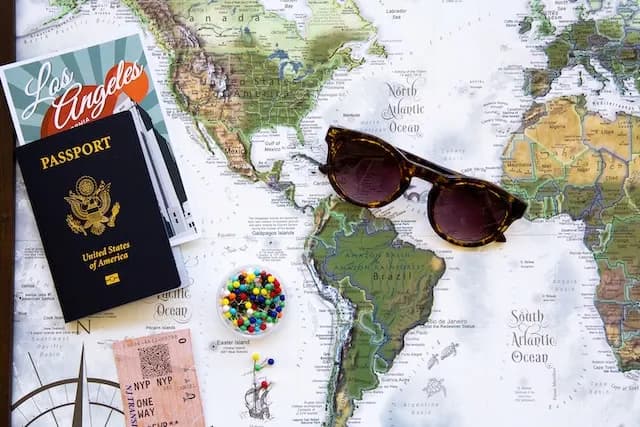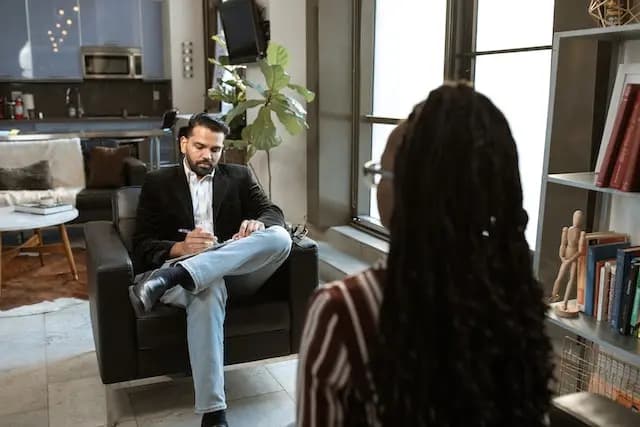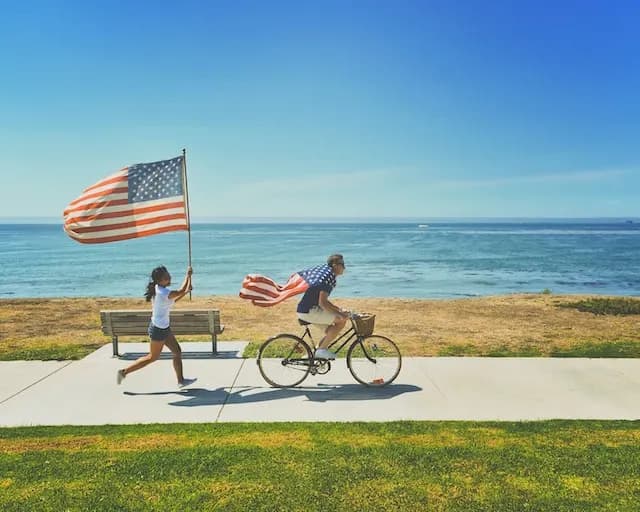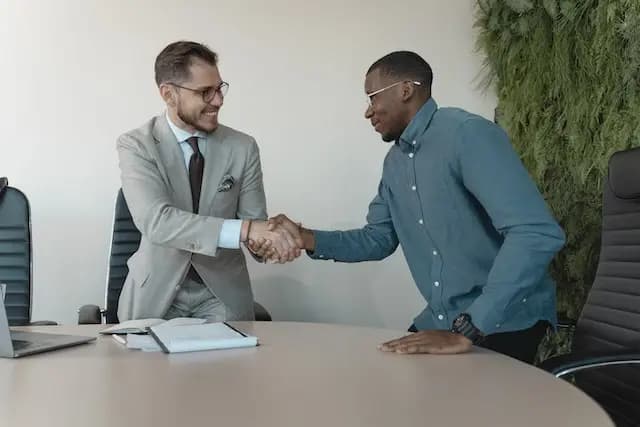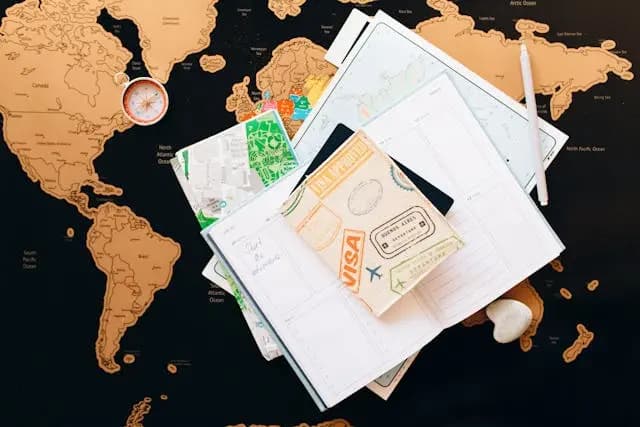B1/B2 Visa: What are your plans after the visit?

Key Highlights
- Be honest and direct in your answer. Visa officers value transparency and consistency.
- Provide tangible evidence such as employment letters, property deeds, or family ties.
- Be prepared for follow-up questions that dig deeper into your plans.
- Paint a complete picture by including personal or professional commitments after your trip.
- Documents such as employment letters, family evidence, and property proof can strengthen your case.
Ever stood in a room with your palms sweating, rehearsing answers to a question that seems simple yet weighs so much? If you're preparing for a B1/B2 visa interview, that might sound familiar. The question, "What are your plans after the visit?" is more than just casual chit-chat. Let's break it down, step by step, and arm you with the tools to nail that response.
Why is this question crucial?
At the heart of the B1/B2 visa lies a simple purpose: temporary visitation to the U.S., whether it's for business, pleasure, or medical treatment. The officials aren't trying to trip you up with tricky questions; they genuinely want to ensure you'll head back home once your visit wraps up.
Similar Questions to Expect
Often, it's not just about the one question. Visa officers might rephrase it or ask something related. Here are some alternatives:
- How do you plan to spend your time after your U.S. trip?
- When do you plan to return to your home country?
- What's compelling you to return home after your visit?
- Do you have responsibilities awaiting you post-trip?
Step-by-Step Guide to Crafting Your Answer
Crafting the perfect answer is an art. It needs a blend of honesty, clarity, and specifics. Let’s break it down, shall we?
-
Be Honest and Direct
The visa officers are trained to spot inconsistencies. Honesty makes your answer consistent, believable, and genuine.
Example:
Suppose you're attending a two-week workshop. Instead of exaggerating it as a comprehensive training program, state it as it is. "I'm attending a two-week photography workshop in New York."
-
Link the Visit to Your Home Country
This shows the officers that your visit has a purpose directly tied to your life back home, reinforcing the idea that you’ll return.
Example:
If you're a university professor attending a seminar in the U.S., you could say, "I’m attending an academic seminar on modern literature. The insights from this seminar will be invaluable for the new curriculum I'm introducing in my university in Kenya next semester."
-
Provide Tangible Evidence
Tangible evidence is proof of your commitments in your home country. This showcases that you have pressing reasons to return after your visit.
Examples:
Employment: If you have a stable job, mention it. "I've been employed as a senior engineer at XYZ Corp in Brazil for the past six years. Here's a letter from my employer granting me short leave for this trip and expecting my return for an important project."
Property: Owning property can be a strong tie. "I own a house in Manila and have no intention of abandoning it. I’ve even attached a copy of my property deed."
Family Ties: Mention if you have family depending on you. "My elderly parents and two young children live in Cairo. They rely on me, and I need to get back to them."
-
Be Prepared for Follow-up Questions
Often, your answer might lead to another question. Being prepared for these ensures you don’t get caught off-guard.
Example:
If you mention attending a business seminar, a follow-up might be, "Who's conducting the seminar?" or "How does this seminar align with your current job profile?"
-
Paint a Complete Picture
A holistic answer shows the visa officer you’ve planned meticulously. It reduces the chances of them doubting your intent.
Example:
Instead of just saying, "I'll return after my sister's graduation," you could add, "After my younger sister’s graduation in Miami, I'll be heading back to Mexico City. We're throwing her a welcome-back party. Plus, I've got to be back for my role as the Maid of Honor for my best friend's wedding the following month."
Three Sample Answers for Different Scenarios
Let's explore potential scenarios and their respective answers.
Scenario 1: Business Trip
"I'm attending a three-day conference in San Francisco. Post the conference, I plan to implement the knowledge gained in my company back in India. We have a major project lined up, and this conference will equip me with the requisite skills. I've been with my company for five years, and they're counting on my return."
Scenario 2: Tourism
"I'm thrilled to explore the U.S. with my family for two weeks. After the trip, we plan to head back home to Canada. My kids have school, and I have a business that I've been running for a decade. This trip is a short break from our routines."
Scenario 3: Visiting Relatives
"I'm visiting my sister in New York for a month. After the visit, I intend to return to my job in London. I’ve been employed there for three years, and I've already discussed this short leave with my employer."
Key Points to Remember
-
Stay Calm
Interview nerves can be real. Deep breaths and preparation can alleviate this.
-
Specificity is Golden
Avoid vague answers. Specifics showcase clarity in your intentions.
-
It’s Okay to Offer Documents
If you've got them, flaunt them. Documents can act as proof and reinforce your claims.
Conclusion
The B1/B2 visa interview might seem like a mountain, but with the right preparation, it's just a molehill. Center your answers around your genuine intent, provide evidence of ties to your home country, and always approach the question with honesty. With these tools in your arsenal, you're well on your way to acing that interview! Best of luck, traveler.
Have Questions About This Topic?
Join our community to get personalized advice and share experiences with others going through similar visa processes.
